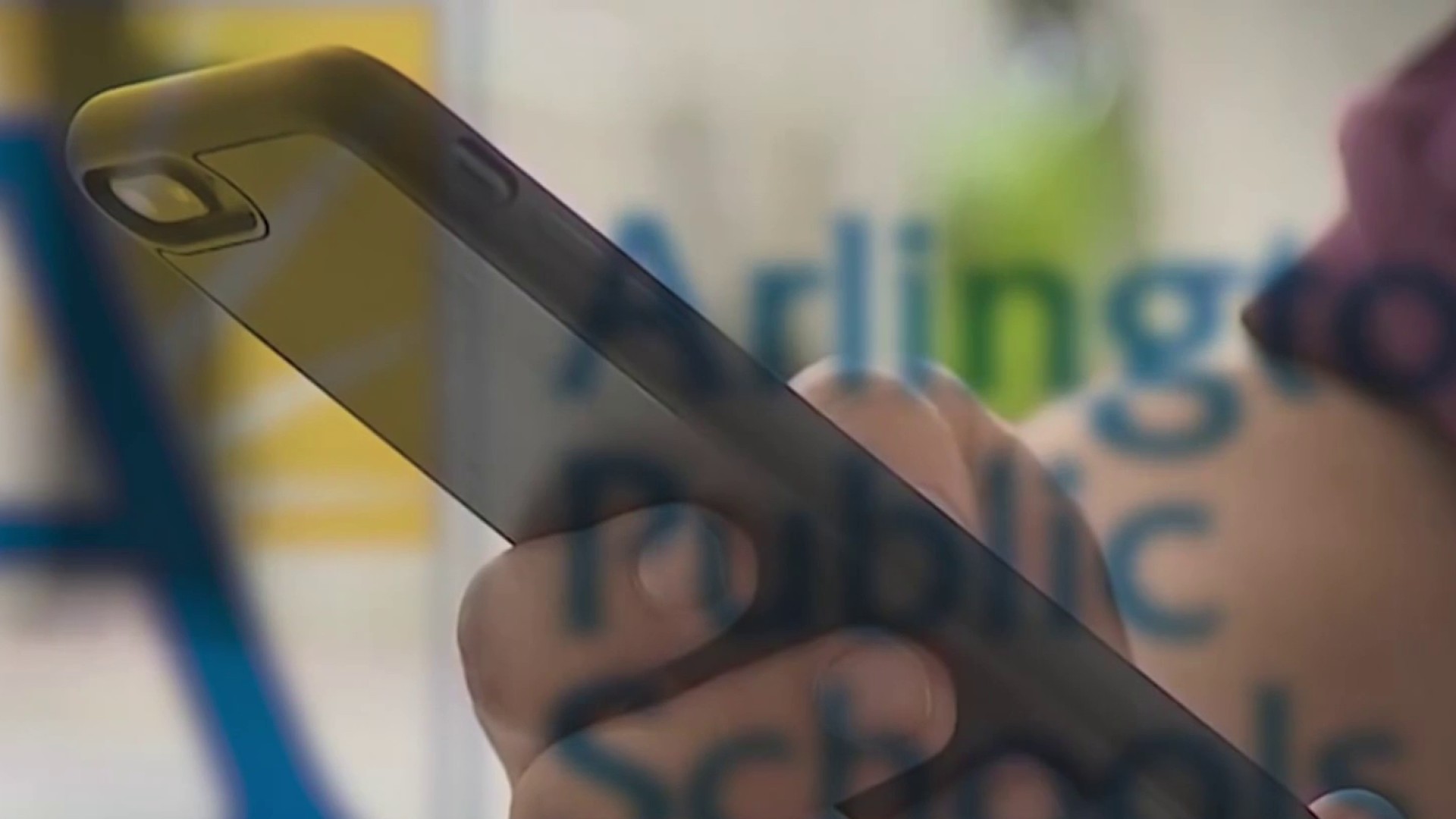While many consumers sign up for third-party gas and electricity suppliers because they promised big savings, some people are without their knowledge – an illegal practice called “slamming.”
Karen Franklin of Fort Washington, Maryland, wasn’t aware she’d been signed up with a third-party supplier until she got a more expensive gas bill than she was expecting and looked closer. She believes it’s a result of slamming.
“Slamming is a particular situation where you get signed up for a particular product or service that you did not contract for,” said Paula Carmody of the People’s Counsel.
To identify slamming, monitor your utility bills to see if your supplier is a company you've never heard of before. If so, you may have been illegally switched.
To prevent slamming, be careful what you share with door-to-door salespeople. If they ask to see your utility bill, refuse to show it. And never let them see your account number.
“They copy that down,” Carmody said. “They put it on the contract. Somebody signs your name on the contract.”
Beware of telemarketers who lead you to believe you're talking to your utility company. Before agreeing to anything, confirm to whom you are speaking.
Local
Washington, D.C., Maryland and Virginia local news, events and information
Notify your energy supplier immediately if you receive a call or notice to verify a change in your energy service that you didn't authorize.
In Franklin's case, the third-party supplier couldn't find any record of a signed contract and agreed to cancel her account.
By Maryland law, third-party suppliers must have a signed contract from the customer. In D.C. and Virginia a verbal OK seals the deal.
List of approved suppliers:



